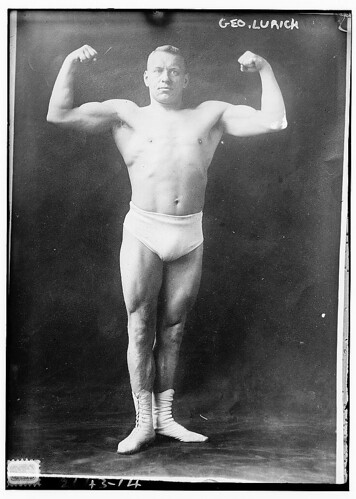Whitey, Noise: On #BlackMass and our own bully
/Lovey and I ran away from home on Saturday night. The nice neighbor couchsat while our littles slept sweet melatonin-infused dreams. We went to go see "Black Mass," which is the opposite of a sweet melatonin-infused dream, but which might be core curriculum for anyone who's ever lived in Boston.
 Even if you have no investment in the stories of Boston boys-turned-gangsters from around the way, Johnny Depp's performance is eerily good. I pretty much agree with everything Ty Burr wrote about the film, as I generally think he gets it so right. A major focus of Burr's review which was especially sensitive to the families of Whitey's murder victims is on the villainous portrayal of Whitey Bulger. His character in the film is not intended to be liked. He is to be feared, foiled with his statesman brother, aligned with his boyhood friend who became his FBI liaison.
Even if you have no investment in the stories of Boston boys-turned-gangsters from around the way, Johnny Depp's performance is eerily good. I pretty much agree with everything Ty Burr wrote about the film, as I generally think he gets it so right. A major focus of Burr's review which was especially sensitive to the families of Whitey's murder victims is on the villainous portrayal of Whitey Bulger. His character in the film is not intended to be liked. He is to be feared, foiled with his statesman brother, aligned with his boyhood friend who became his FBI liaison.
The villain that is James Whitey Bulger, whether rotting in prison in real life or portrayed on a silver screen, is sometimes easier for me to confront than the enemy that lives with me. It is easier for me to vilify someone whom I will never meet and expect fair punishment for the crimes committed than the enemy I live with everyday. The voice of the enemy that whispers often enough to me, You are so far from the mark, girl. You haven't come close to your potential. No wonder you are unloved and uninvited. I have heard the lies that gangster spits long enough to recognize a bully. But because I've lived with this bully so long, I sometimes assume its permanence. When I skip my medication for a couple of days, the voice becomes louder to the point of deafening. When I stop recognizing the bully for what it is, I slide into some kind of Stockholm Syndrome, as if the lies are a defense for me, an excuse for self-loathing. It's been some years since suicide ideation was a part of my daily life and I'm grateful. But it doesn't mean the villain isn't lurking, stashing its venom behind the corners of my mind that I prefer not to visit. 
A few months ago, I started working on some strength-training goals. Nothing too crazy, just a plan that an online trainer works out for me that is easy for me to follow. It's amazing what a difference having something spelled out like a recipe will do for one's fortitude. If I know what to do, what order to do it in, how to lift it and lunge it, and how many times, I can follow along and go hard with it. I still mostly look the same but I'm stronger and I realize that when I'm stronger, I'm less susceptible to listen to the lying liar. I'm sorry, I just lifted my kids' combined bodyweight, so that verse doesn't ring true, anymore. I don't talk much about the enemy that performs on the stage of my mind wearing the costume of generalized anxiety/depression. When I do, I find that I'm not so alone, though. "You're too fly for that noise," my friend Trish once told me. And she's right. We all are--too fly to believe that the enemy that whispers lies about who we are and how we were made for eternity should be put away for a life sentence.

